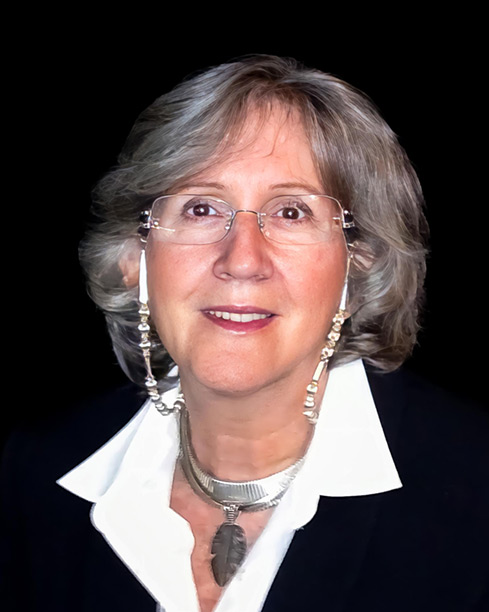Urban African American neighborhoods are hardest hit as nearly 100,000 loans have failed.
6/2019 By Nick Penzenstadler and Jeff Kelly Lowenstein, read extensive report – article from USA TODAY
 Reverse mortgages – thousands of seniors, who worked their entire life to own a home, are finding their homes foreclosed for several reasons. The problem is that a few years ago there was little to no federal regulation on reverse mortgages. A high percentage of these homeowners relied on the lies of those who made a profit from selling reverse mortgages. They were told they could live in their home for the rest of their lives, for “free”.
Reverse mortgages – thousands of seniors, who worked their entire life to own a home, are finding their homes foreclosed for several reasons. The problem is that a few years ago there was little to no federal regulation on reverse mortgages. A high percentage of these homeowners relied on the lies of those who made a profit from selling reverse mortgages. They were told they could live in their home for the rest of their lives, for “free”.
Who sells these mortgages – mostly brokers/realtors who lost their normal income during the real estate crash, but now there is an entire lending market focused on these mortgages. They targeted poor neighborhoods who are least likely to seek competent advice about the issues with reverse mortgages. They looked for homes that needed repairs, leaving door hangers advertised a “tax-free” benefit for seniors.
 TV ads featuring Henry Winkler, Fred Thompson and Robert Wagner made it appear that these mortgages were “free”. They offered to “eliminate monthly payments permanently” with “a risk-free way of being able to access home equity” – neither of which is true, according to the Consumer Financial Protection Bureau. “Always retain ownership,” “remain in your home as long as you wish” and “you can’t be forced to leave” were other frequent hooks, according to investigations by federal regulators.
TV ads featuring Henry Winkler, Fred Thompson and Robert Wagner made it appear that these mortgages were “free”. They offered to “eliminate monthly payments permanently” with “a risk-free way of being able to access home equity” – neither of which is true, according to the Consumer Financial Protection Bureau. “Always retain ownership,” “remain in your home as long as you wish” and “you can’t be forced to leave” were other frequent hooks, according to investigations by federal regulators.
Five years ago HUD developed some changes to protect seniors. But, those who signed reverse mortgages before the new rules went into effect are left to fend for themselves and, in many cases, lose their home.
So, what is the problem today?
Thousands of seniors signed reverse mortgages and did not understand they had certain obligations or their home would go into foreclosure. These obligations included paying real property taxes or keeping the property insured and in good condition. In ZIP codes where most residents make less than $40,000, the analysis found reverse mortgage foreclosure rates were six times higher in black neighborhoods than in white ones.
Poor neighborhoods were targeted with “bad apple” reverse mortgages

How do most reverse mortgages work:
Lenders appraise the value of a house and allow homeowners to borrow back money against that market value.
The following is a very generic description and not intended to describe every reverse mortgage. Borrowers can stop making monthly mortgage payments, and they can stay put for life, so long as they maintain the home, pay property taxes and insurance and don’t sell, move out or die. Reverse mortgages require no credit check and government-mandated financial counseling can be as easy as a 20-minute phone call.
Lenders and their investors make their money through origination fees that can top $15,000 with fees and mortgage insurance, and by charging interest on the loan balance.
The neighborhood is damaged by foreclosures

It’s all about money
Even when both husband and wife are old enough to qualify, reverse mortgage lenders often advise them to remove the younger spouse from loans and titles. Federal rules allow people to take out more money if they are older based on actuarial tables showing they have fewer years left to live. The problem is the spouse who is not on the mortgage finds it very difficult to save the home after the spouse on the loan passes away. There are deadlines for filing certain paperwork, all happening at a time the surviving spouse is dealing with the death of the spouse.
A higher loan balance means higher closing costs and a bigger commission for brokers.
As reverse mortgages end, heirs are left with heartache, USA Today 12/19/19
10 Questions to Ask About Reverse Mortgages
Sun Cities area has some of the highest reverse-mortgage foreclosures.
Reverse Mortgage Meltdown – and Gov’t Complicity?
USA TODAY wants to hear about your stories

Diane is a well respected Arizona bankruptcy and foreclosure attorney. As a retired law professor, she believes in offering everyone, not just her clients, advice about bankruptcy and Arizona foreclosure laws. Diane is also a mentor to hundreds of Arizona attorneys.
*Important Note from Diane: Everything on this web site is offered for educational purposes only and not intended to provide legal advice, nor create an attorney client relationship between you, me, or the author of any article. Information in this web site should not be used as a substitute for competent legal advice from an attorney familiar with your personal circumstances and licensed to practice law in your state. Make sure to check out their reviews.*
In Case You Missed It
Published On: March 31, 2024
Into the Shadows: Unraveling the Dark World of Fraud, Schemes, and Scams The Sneaky World of Fraud and Scams: How They Work and Why You Should Be Careful Fraud and [...]
Published On: March 30, 2024
After 100 Years of Protecting Homeowners, Arizona's Law Changes to Give Creditors New Rights to Take Your Home Depending on the value of your home, creditors can now take it if [...]
Published On: March 24, 2024
Bankruptcy is a complex process that can have significant implications for your business and personal finances. Before considering business bankruptcy as an option for your struggling business, it's crucial to understand the potential pitfalls [...]
Published On: March 8, 2024
In today's consumer landscape, credit cards are the normal tools for managing finances and making purchases. However, having credit card debt can lead to financial stress and vulnerability to predatory schemes. Recognizing the importance [...]












